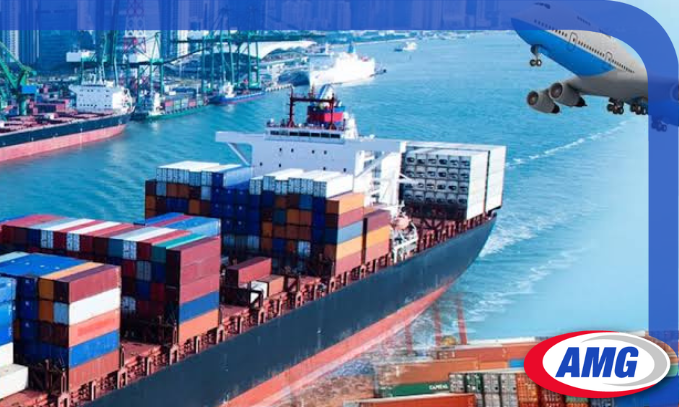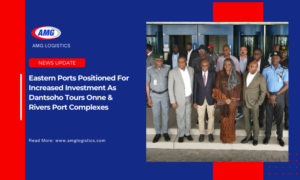Stakeholders in the maritime industry are urging the Nigerian government to enforce strict compliance with the Nigerian Export Proceeds (NXP) document requirement for export booking on the Electronic Call up platform before proceeding to the ports.
This, the stakeholders noted, will prevent delays at ports and ensure the smooth flow of export activities.
The NXP requirement, recently mandated for booking exports through the Eto platform, is seen as a crucial step in reducing traffic congestion and enhancing the efficiency and transparency of export deliveries.
Shipping Position Daily recalls that the Truck Transit Park (TTP) Limited, operators of the electronic call-up system announced the introduction of Nigeria Export Proceeds (NXP) as a prerequisite for booking export trucks on its eto platform. The new guidelines came to effect last week.
In a statement issued and sent to all its stakeholders, Truck Transit Park disclosed that the new measure was sequel to the directive of the Federal Government, through the Nigerian Ports Authority (NPA). The firm explained that the new measure is essential to ensure that all export transactions are properly documented in adherence to the government regulatory standards.
However, in a chat with a shipper and Board of Trustees member of the Shippers’ Association Lagos State (SALS), Nicodemus Odolo, he emphasized that the NXP is a longstanding requirement for exports, aimed at ensuring transparency and legitimacy in trade transactions.
But, while expressing concerns over the enforcement of NXP documentation, Odolo confirmed that some exporters do bypass the NXP to shortchange revenue to the government, terming it as “exportation without document.”
According to him, this practice involves exporting goods without proper documentation, leading to unrecorded proceeds and potential rejections of Nigerian exports in international markets.
Odolo highlighted the adverse consequences of exporting without proper documentation, which include the risk of rejection by recipients and potential damage to Nigeria’s reputation in international trade.
The shipper noted that enforcing NXP documentation is essential for ensuring that exports meet international standards and are not subject to rejection by recipients. He stressed the role of NXP documentation in safeguarding the integrity of Nigerian exports and ensuring compliance with international trade regulations.
In his words: “The NXP is a required document for export. So, it is not this new document that they are introducing. It is to be enforced because it is like some people are bypassing the NXP. That means, we call it ‘exportation without document.’ They make exports without documents, meaning the proceeds are not coming in officially”.
Also speaking to our correspondent last week, General Secretary of the Association of Maritime Truck Owners (AMATO), Bala Muhammed stated that the significance of the NXP requirement for Eto is to address long standing issues faced by exporters. This move, according to him, is expected to significantly reduce the number of days export trucks spend before gaining access to the ports, thereby alleviating congestion and improving the overall efficiency of the export process.
While lauding the initiative, Mohammed said the introduction is a right step in the right direction to reduce the rate at which exports from Nigeria are being delayed and eventually rejected internationally.
Stressing on adequate enforcement and monitoring by relevant government authorities, the AMATO scribe maintained that the introduction of the NXP requirement should ensure that only those with the necessary documentation can proceed with booking their exports on the Eto platform.
“The NXP is to avoid the delays in export deliveries at the terminals. Some exporters will spend several days on the road without the NXP, causing all sorts of obstruction to traffic free flow. Once you have your NXP, you can go and book. If you don’t have NXP, you cannot book. So, the implication of NXP is that if you book, you are not going to have unnecessary delays. You are moving straight to the port after all the necessary checks might have been carried out at the terminals”, Muhammed said.
When contacted, a staff at the Public Relations Unit of Truck Transit Parks (TTP); Nancy Nnamdi responded that the introduction and enforcement of the NXP requirement had just started last week Wednesday following the two-day industrial strike by the Nigerian Labour Congress (NLC) and Trade Union Congress (TUC).
Nnamdi noted that there is no available data or statistics yet on the level of exporters’ compliance to obtaining NXP as part of the requirements for booking on its Eto platform.
“There’s hardly any data to share. It went into effect on Monday, and there was also a strike action. So invariably, it must have just started fully on Wednesday after the strike action was suspended,” Nnamdi noted.





